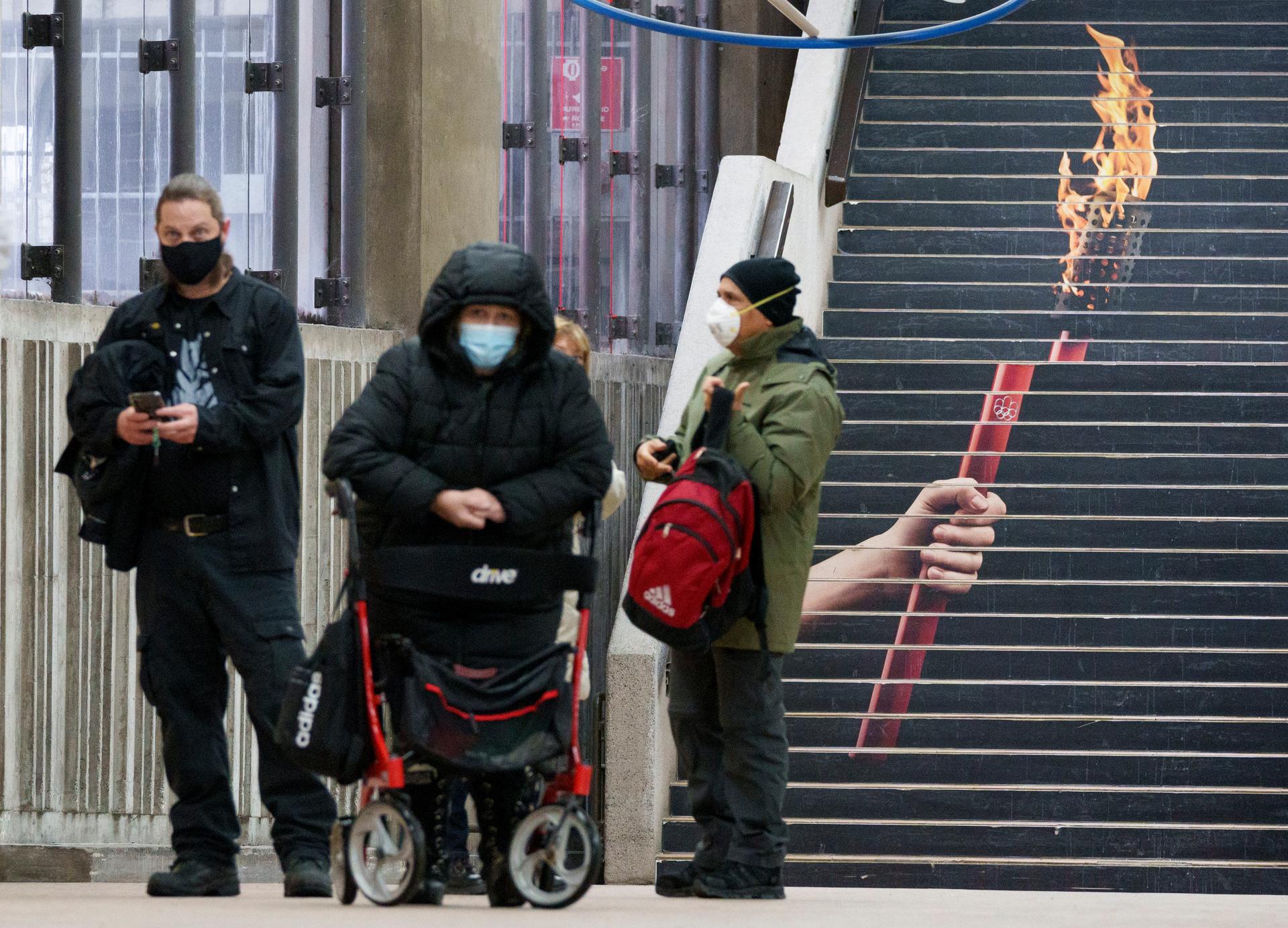Veronica Roy was supposed to go to the hospital for a hysterectomy at the end of January.
Her doctor arranged the surgery last fall after discovering several large tumors on her uterus that have caused years of excruciating pain.
Related: This Canadian company is betting big on the ‘psychedelic renaissance’
“When you’re in a situation like mine where there’s a degenerative condition with chronic pain and a severe impact on my quality of life, it’s not elective, it’s urgent,” said Roy, 35, an arts administrator in Ottawa, Ontario.
But last week, her doctor’s office called to say that urgent or not, her surgery would be postponed indefinitely.
“It was a very short, and to-the-point phone call, and there are no next steps at this time,” she said.
Roy is one of tens of thousands of Canadians who’ve had surgeries and medical procedures postponed or canceled this month because of the pandemic. The number of COVID-19 cases has skyrocketed across Canada since omicron took hold in December.
Provincial governments in Ontario and Quebec said that in order to keep beds open for COVID-19 patients, only emergency procedures should go ahead.
“We’ve started to see an alarming number of new hospital admissions now with triple-digit admissions every single day. If we don’t do everything possible to get this under control, the results could be catastrophic.”
“We’ve started to see an alarming number of new hospital admissions now with triple-digit admissions every single day,” said Ontario Premier Doug Ford. “If we don’t do everything possible to get this under control, the results could be catastrophic.”
Under Canada’s publicly funded health care system, provincial governments pay for all hospital procedures considered to be medically necessary. But many experts say the hospital system is stretched to the breaking point, and that the cancelations underline how fragile the system is.
Related: Montréal Massacre anniversary: The media must play a key role in fighting femicide
“When you hit the point of winding down surgical services across the province, for example, it’s acknowledging the fact that as a system, we are on the brink for capacity,” said Dr. Fahad Razak, an internist and a member of Ontario’s COVID-19 Science Advisory Table.
According to the Organization for Economic Cooperation and Development, Canada has fewer hospital beds per capita than almost any other industrialized country. Administrators cut beds over the years to account for the fact that more procedures are done on an outpatient basis.
But Razak said the cuts went too far. Even before the pandemic, hospitals were often overflowing with patients.
“Because of lack of resources, they ended up being cared for in the hallways or in atypical spaces like a converted closet because we just didn’t have the physical capacity to provide rooms for their care.”
“Because of lack of resources, they ended up being cared for in the hallways or in atypical spaces like a converted closet because we just didn’t have the physical capacity to provide rooms for their care,” he said.
Staffing shortages have exacerbated the problem. In Quebec, more than 20,000 staff were absent in mid-January because of COVID-19.
At the downtown Toronto hospital where Razak works, about 7% of doctors and staff are away because of COVID-19.
As a short-term solution, Ontario’s government said this week it will fast-track licensing and hire up to 1,000 foreign-trained nurses who aren’t yet qualified to work in Canada but who could help fill the gap.
Related: Canada promised to resettle 40,000 Afghans. Many are still waiting for answers.
Dr. Stephen Archer, a cardiologist at Kingston General Hospital in eastern Ontario, said he’s confident that COVID-19 patients will get the care they need.
But he said he and other specialists at his hospital have had to delay procedures for dozens of other people who had already been waiting too long.
“The people that are my elective cases waiting are people with chest pain, positive stress tests. They’re very symptomatic, and normally, they’d wait two weeks for an outpatient angiogram. Now, they’re waiting two months, and I really can’t guarantee their safety during that waiting period,” he said.
Roy said doctors predict her condition will keep deteriorating if she doesn’t get her surgery. She has already given up her work as a touring burlesque dancer and storyteller to cope with the pain.
She said she’s now questioning the government’s commitment to providing quality health care for all Canadians.
“It’s kind of a mix of sadness and anger. Just white-hot anger toward the medical system in Ontario. They’ve had two years of this pandemic to improve the system that was overcapacity before the pandemic, and they didn’t,” she said.
However, she said she still believes that Canada’s publicly funded system is better than the private system in the United States.
Our coverage reaches millions each week, but only a small fraction of listeners contribute to sustain our program. We still need 224 more people to donate $100 or $10/monthly to unlock our $67,000 match. Will you help us get there today?
